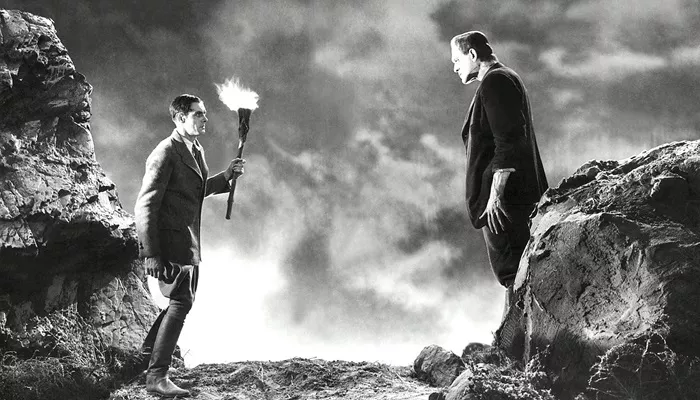Nearly a century after its release, the 1931 film Frankenstein remains a towering achievement in the history of cinema. Directed by James Whale, this adaptation of Mary Shelley’s classic novel continues to be celebrated for its groundbreaking approach to storytelling, atmosphere, and character portrayal, setting the benchmark for horror films that followed.
The film’s impact lies not only in its chilling narrative but also in its artistic execution. James Whale’s visionary direction brought a sophisticated Gothic aesthetic to the screen, crafting a mood that skillfully balances terror with beauty. The stark black-and-white cinematography amplifies this effect, using shadows and light to evoke a palpable sense of dread and unease. This visual style has influenced countless horror and thriller films, establishing a timeless blueprint for creating suspense through imagery.
Central to Frankenstein’s enduring legacy is Boris Karloff’s portrayal of the monster, which has become an indelible image in popular culture. Karloff infused the creature with a profound complexity, blending elements of menace with a deep underlying pathos. This nuanced performance transformed the monster from a mere villain into a tragic figure—one that evokes both fear and sympathy from audiences. Karloff’s interpretation remains the definitive representation of Frankenstein’s creation and has shaped how the character is perceived and portrayed in virtually every adaptation since.
The film also stands out for its pioneering special effects and makeup artistry, which, though rudimentary by today’s standards, were revolutionary at the time. These elements contributed significantly to the monster’s iconic appearance and the overall immersive experience of the movie.
Beyond its technical and artistic achievements, Frankenstein captures universal themes about humanity, isolation, and the consequences of playing God. These timeless ideas, combined with its memorable performances and striking visuals, have ensured the film’s place in the canon of classic cinema.
Over 90 years later, Frankenstein continues to resonate with modern audiences, inspiring filmmakers, artists, and storytellers across genres. Its influence extends beyond horror, marking it as a cultural milestone that redefined the possibilities of film as an art form and solidified the legacy of one of literature’s most enduring monsters.
Related Topics
- New Poster Released for The Naked Gun Reboot Starring Liam Neeson
- Bono: Stories of Surrender — Bono’s Musical Journey
- The Life of Chuck: A Thoughtful Stephen King Adaptation

